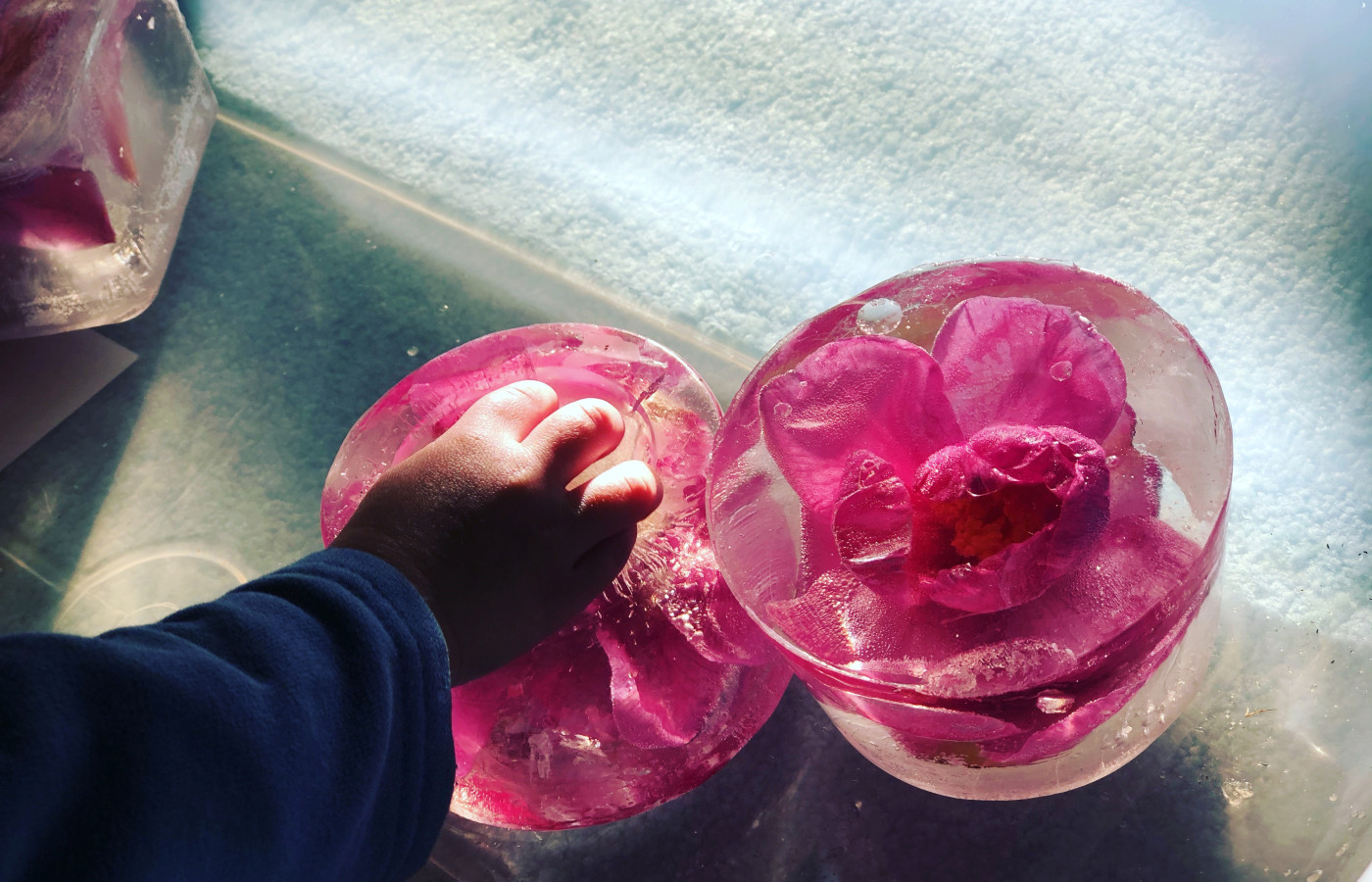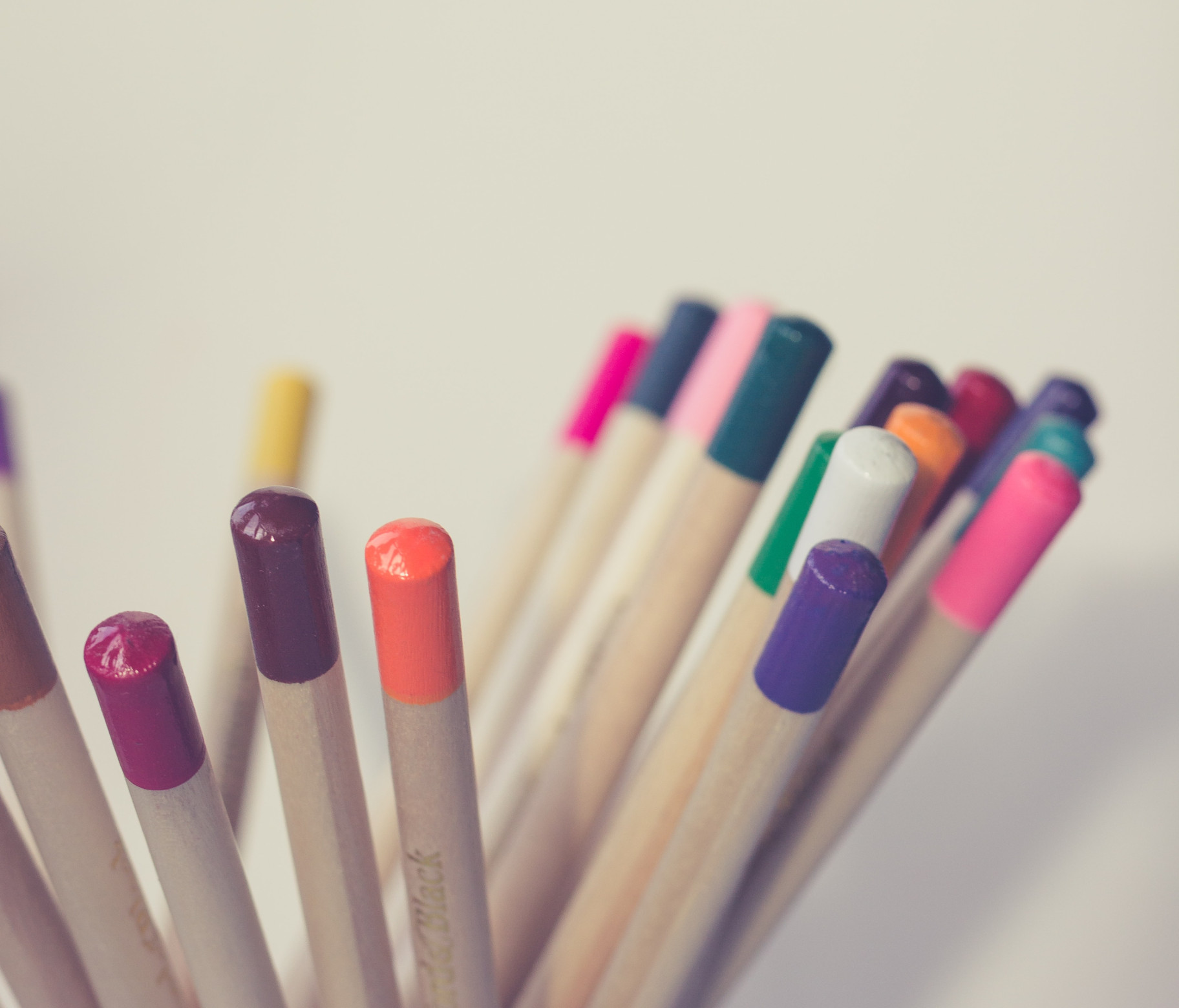Animal ice blocks

Animal ice blocks
Freezing toy animals or other objects in ice
Materials Required
- Buckets or small containers
- Assorted plastic animals or other objects
- Water
- Freezer
- Spoons or kitchen utensils.
Food Colouring, Salt.
Play experience profile
-
Ages:
-
Min Playtime15 - 30 Minutes
-
Skills
-
Energy LevelQuiet Play
-
Messiness Rating
-
EYLF Outcomes
Play Experience Preparation
Help your child choose some toy animals to place into containers for freezing. - Talk about the animals as you place them in containers. - Encourage your child to fill up the containers with water (animals already in). - Place in the freezer and freeze overnight. - Find other objects to freeze as well (e.g. natural materials - leaves, flowers, etc.).Experience Steps
- Take the ice blocks out of the freezer with your child and talk about how they look in the ice.
- Take the blocks outside and watch them melt.
- Encourage your child to break away the ice using spoons and kitchen utensils.
- Talk about how the ice is melting and how it feels.

What to talk about, or questions to ask during the experience
- Ice, cold, wet
- Animals and animal sounds
- Frozen and melted
- Talk about the changes that are happening to the ice as it melts.
Build on this...
- Help your child to cut some fruit and freeze it to make fruit ice blocks.
- Freeze cars or other objects in the containers instead of animals.
- Experiment with ways to make the ice melt faster.
WHO guidelines for physical activity and sedentary behaviour
Provide evidence-based public health recommendations for children, adolescents and adults on physical activity.
Learn more
Provide evidence-based public health recommendations for children, adolescents and adults on physical activity. Learn more
To increase the physical activity in this play experience encourage your child to move like the animals in the ice.
EYLF Outcomes
The Early Years Learning Framework has been designed for use by early childhood educators working in partnership with families, children’s first and most influential educators.
View PDF
The Early Years Learning Framework has been designed for use by early childhood educators working in partnership with families, children’s first and most influential educators. View PDF
- Children develop a range of skills and processes such as problem solving, inquiry, experimentation, hypothesising, researching and investigating
- Children develop dispositions for learning such as curiosity, cooperation, confidence, creativity, commitment, enthusiasm, persistence, imagination and reflexivity
EYLF Principle
Principle 3: High expectations and equity. Children progress well when they, their parents and educators hold high expectations for their achievement in learning.
EYLF Practice
Practice: Learning through play. Play can expand children’s thinking and enhance their desire to know and to learn. In these ways play can promote positive dispositions towards learning. Children’s immersion in their play illustrates how play enables them to simply enjoy being.
Author:


